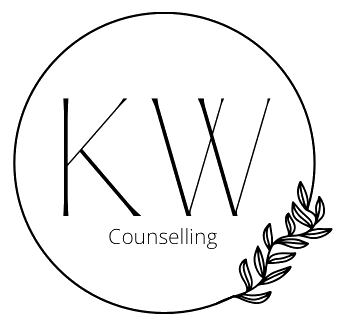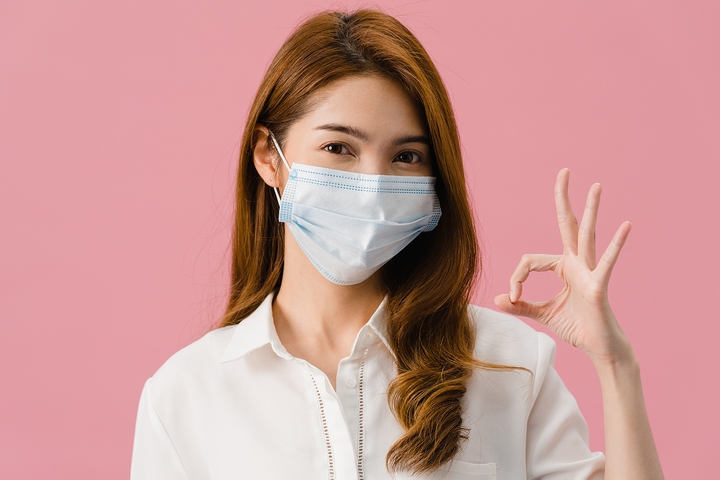Our fear of illness has skyrocketed during the COVID-19 pandemic. As the coronavirus spreads throughout the population, it poses a threat to those with compromised immune systems. The good news is that with proper hygiene practices and social distancing, we are slowing the spread of the virus. The face masks, hand sanitizers, and vaccine shots have all been pivotal to protecting our health.
For the past year, many people have become very alert to the risks of COVID-19. This constant fear about the coronavirus can take a toll on your emotions, especially if you already have an anxiety disorder. There is an obsessive worry about catching the COVID-19 disease, even when you have taken all the necessary precautions. Aggravated by the uncertain conditions of the pandemic, your health anxiety can be difficult to overcome.
Living with health anxiety is a stressful experience, making you feel tense and suspicious about your surroundings. Fortunately, there are numerous activities that help to calm your nerves and ease your worries. As the pandemic slows down, let’s explore the coping strategies on how to overcome health anxiety and a fear of illness:
1. Distance yourself from anxiety-inducing news.
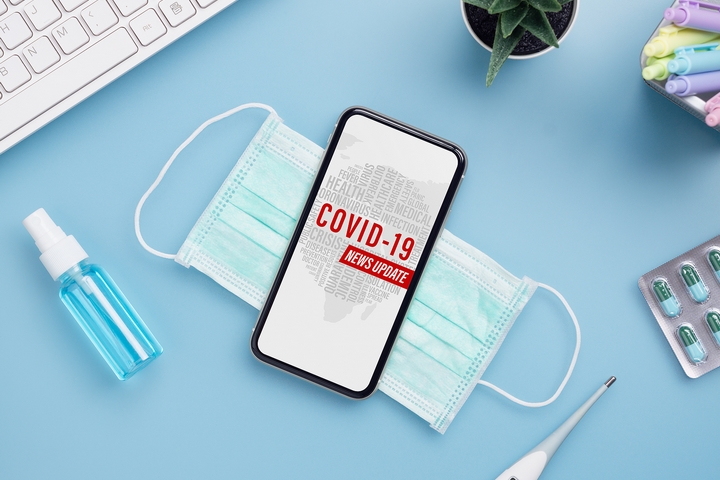
To curb the spread of COVID-19, social distancing was recommended. But to control the spread of health anxiety, keeping our distance from the media might be necessary. In the past year, there has been no shortage of news coverage on COVID-19. While it is important to stay informed on the latest developments, you can easily get overwhelmed.
Anxiety stems from an active imagination and uncertainty, which leads to negative thoughts. With the media constantly reporting on COVID-19 statistics, it is the key driver of your health anxiety. Most anxious people consume too much news from traditional, online, and media outlets. Whenever you start to feel anxious, take a break and distance yourself from the media.
Stop checking for news updates concerning the coronavirus. Any vital information will reach its way to you. By staying away from all forms of media, you can give your mind a much-needed reprieve. Your health anxiety will decrease as you put the mental focus on other aspects of your life.
2. Trust the recommended health guidelines.
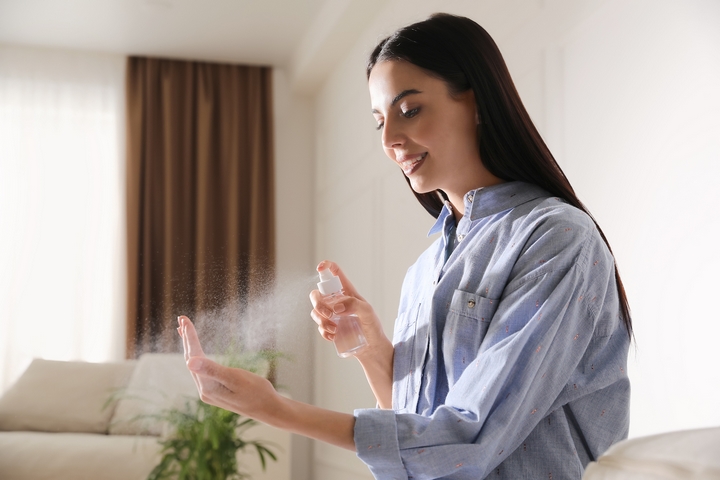
As the fear of illness hovers over us, it is easy to become overly obsessive about the health protocols. We may wash our hands so much that they turn red and dry. Or we may spray everything in sight with harsh sterilizers, even if it is not necessary according to the science of COVID-19 transmission. Taking these extreme precautions can be mentally exhausting, which adds to your health anxiety.
You should follow the recommended guidelines by the CDC (Centers for Disease Control and Prevention), which have proven to be effective at lowering colds, influenza, and COVID-19 rates. However, trust the professional advice without going overboard. Of course, you should continue washing your hands and sanitizing items. Just use common sense and do not let your health anxiety dictate the rules.
3. Do not overreact to basic health symptoms.
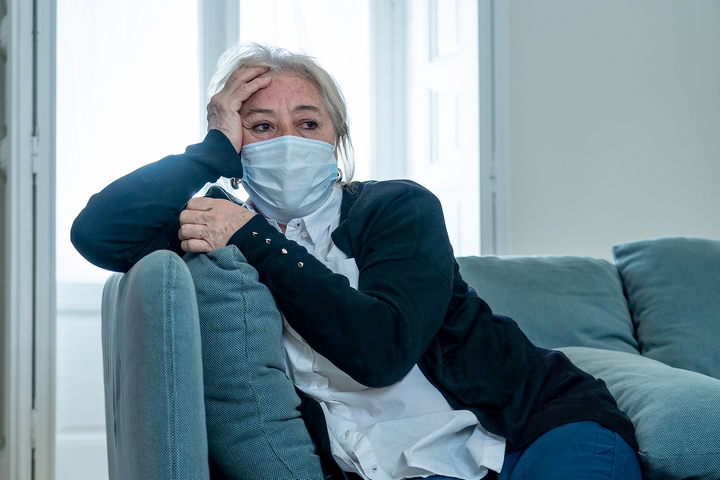
Coughing does not automatically mean that you have been infected with the coronavirus, nor does it imply that others are infected with the illness. Post-nasal drip, bronchitis, and seasonal allergies are more likely explanations. If you have a sore throat, headache, or fever, keep in mind these are common symptoms of the cold or the flu. The symptoms alone are not necessarily indicative of COVID-19.
Even before COVID-19 started, we all catch viruses in our daily lives. The truth is that we have trillions of viruses inside us, making up our virome. When we catch the cold or the flu, our bodies produce immune responses that reflect the body fighting off these viruses. Demonstrating basic symptoms is not always a cause for concern unless you notice a recurring pattern. If the symptoms worsen instead of getting better, consult with a doctor.
4. Enjoy activities that lower stress & health anxiety.
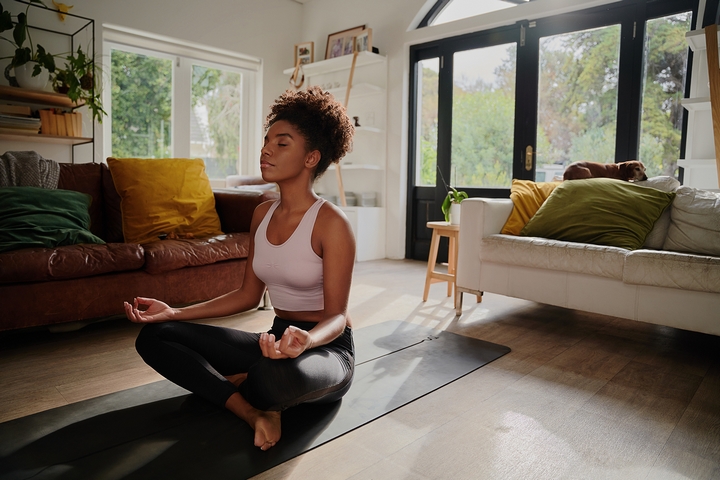
Our stress and health anxiety often feed off each other. When we are overcome with stress, our mindset may jump to the worst-case scenario, which amplifies our fear of illness. As stress builds up during the day, it is important to find ways to release this tension. There are several proven methods of relieving stress, such as exercising, yoga, and meditation.
Guided meditation is a highly recommended practice if you have health anxiety. This activity helps you to focus on the movements of your body, while letting your thoughts rest peacefully. It might take practice to reach a full meditative state, but this method is very effective at relieving stress and healing the mind. Implement the meditation into your daily routine, which will help you to relax both physically and mentally.
5. Overcome health anxiety with productive hobbies.
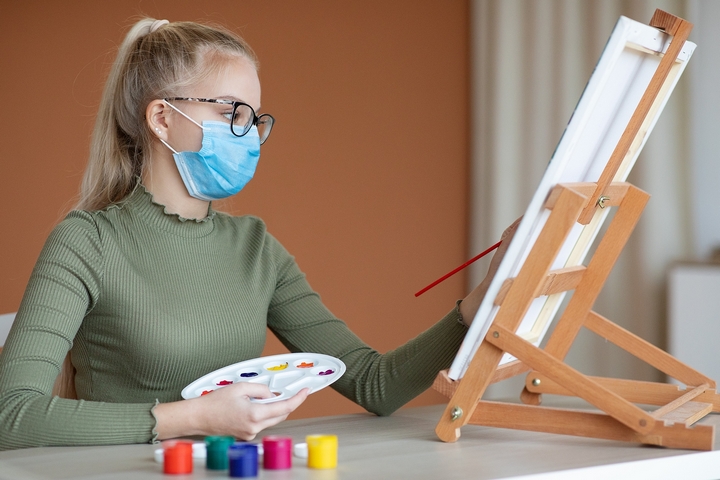
The more you focus on COVID-19, the more anxious you will feel about potential illnesses. Your mind will bait you into worry with potential what-if scenarios, even though this type of thinking is never productive for your mental health. We cannot control the pandemic, so let’s shift the focus to what we can control in our lives instead.
Use this opportunity to enjoy your favourite hobbies, such as reading books, making music, or playing games with a loved one. You can also start a new productive hobby, like cooking, writing, drawing, knitting, or gardening. Creating and accomplishing things will shift your attention, giving you less time to dwell on negative thoughts about health anxiety.
6. Get counselling help for health anxiety.
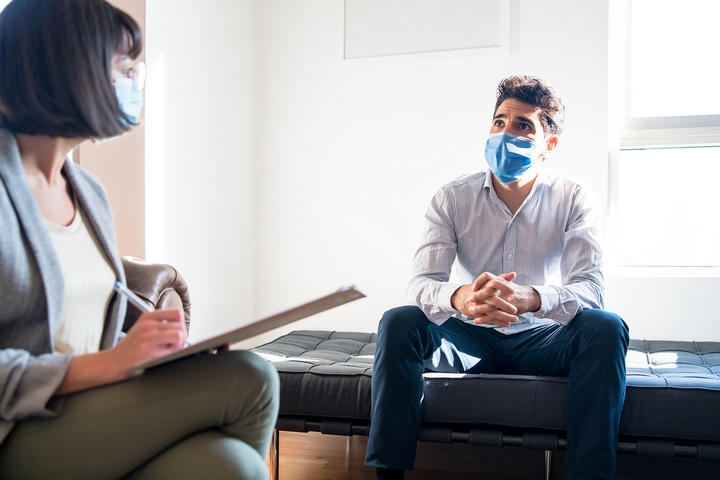
If your health anxiety escalates, remember that you are not going through the struggles alone. You may benefit from the expert guidance that comes with counselling services. At Kari Walton Counselling Services, our professionals can understand, empathize, communicate, and offer solutions to help with your health anxiety. Contact us for more information.
The most important thing to remember is that COVID-19 shall pass. This is not the first pandemic, and it probably won’t be the last health crisis either. Do not engage in excessive worrying. Health anxiety creates a cascade of negative chemical reactions in your body, so counterbalance with positive emotions like love and laughter. Be kind to each other as we get through this pandemic together.
